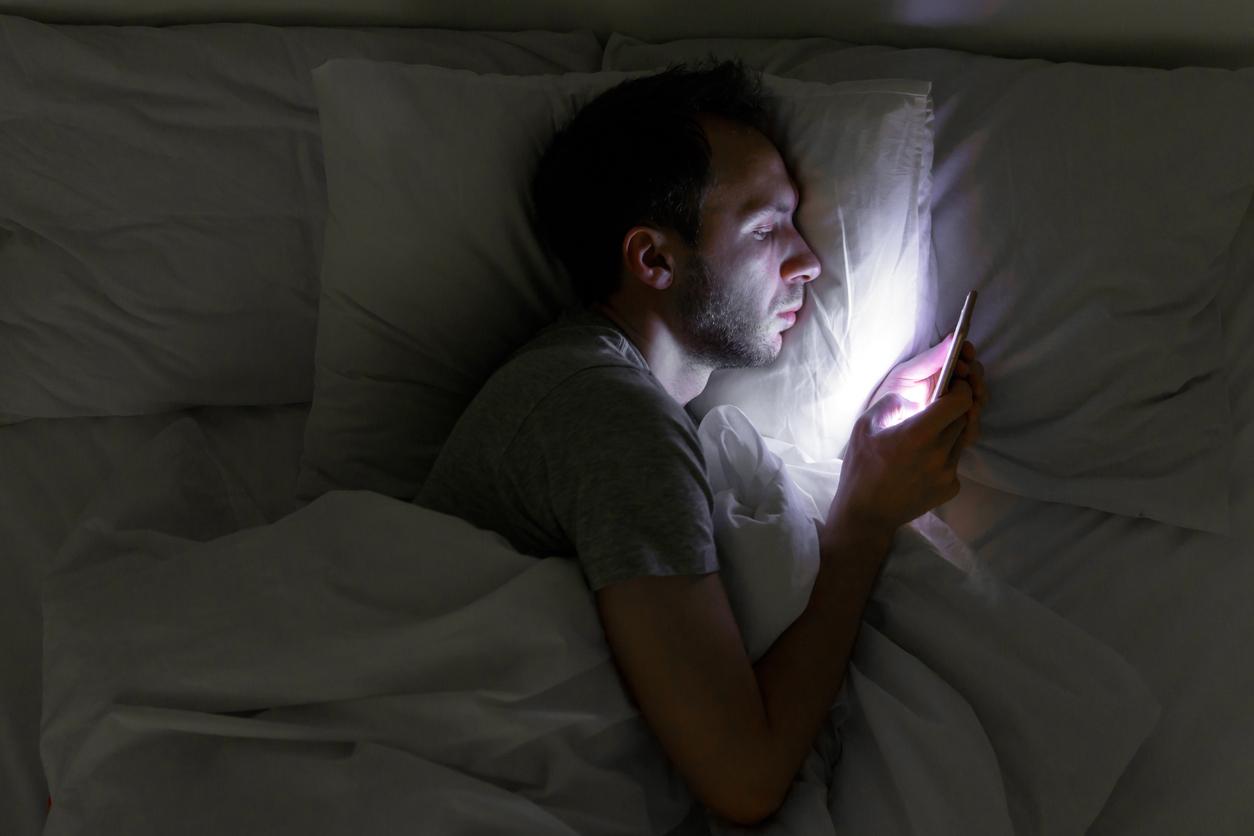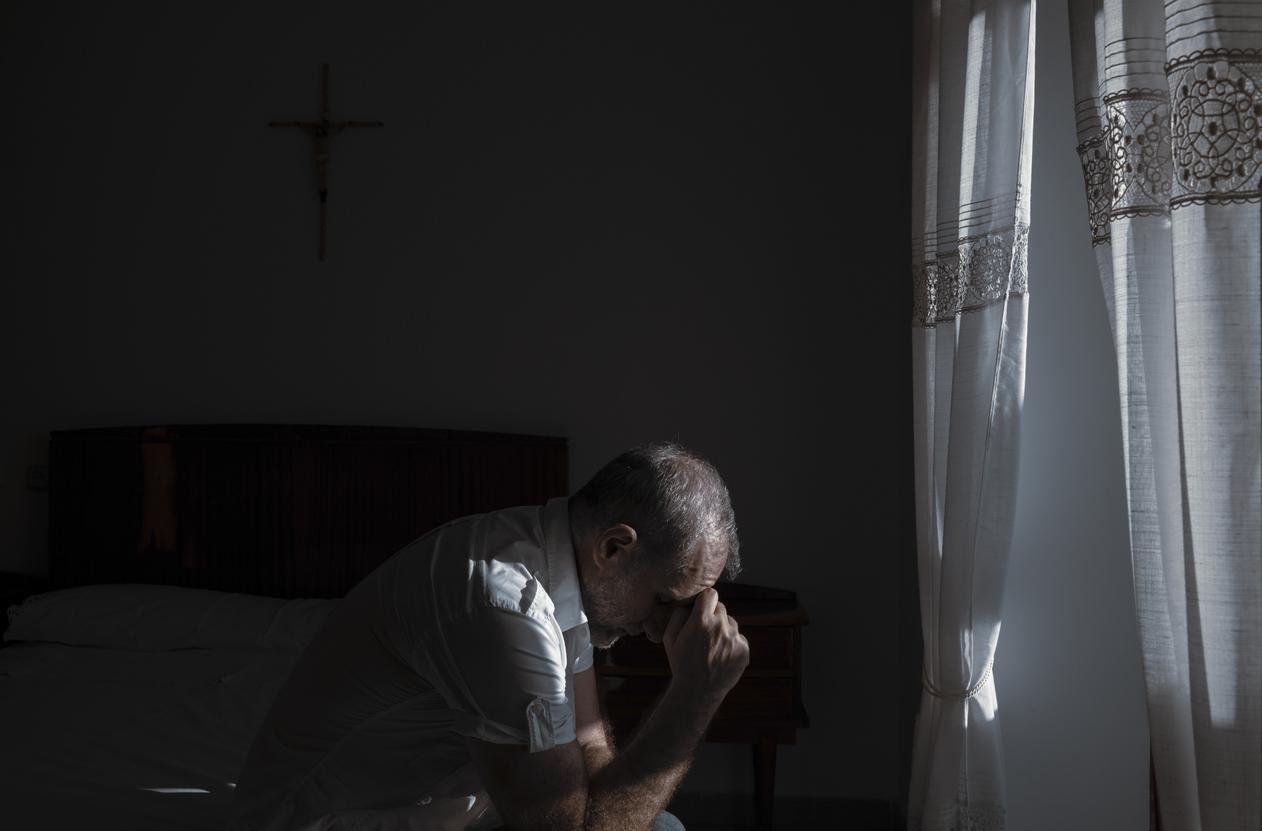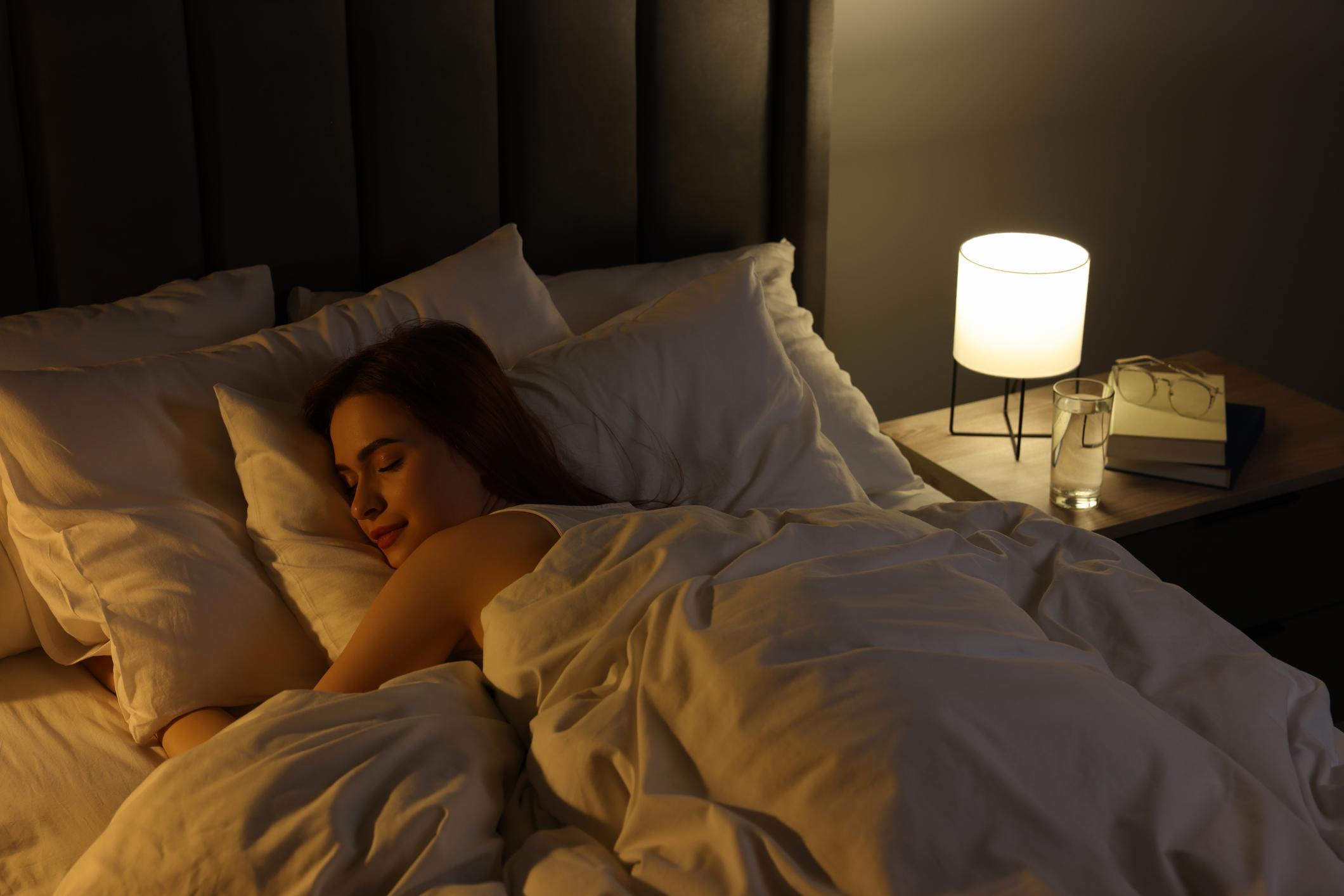On bright days, it seems like we make more random decisions than others.

No one looks at the weather before making a big financial decision, or going to a casino game. Except perhaps the great superstitious. This could prove useful, however, if we are to believe the results of a study by the University of Sydney, published in PLOS One.
On sunny days, we tend to make riskier financial choices. “On days of higher light intensity, we make worse decisions, and we are more inconsistent in our choices,” says Agnieszka Tymula, a neuroeconomics specialist at the University of Sydney, and one of the study’s authors. .
(Little) enlightened choices
To arrive at these results, Australian researchers analyzed the financial decisions of more than 2,500 people. In an exhibition on aging at the Museum of the Academy of Sciences in Washington (United States), they responded via tablets to around forty monetary decisions. At the same time, local meteorological data was recorded.
When luminance was highest, study subjects were more likely to avoid known risks. For example, when they had a choice between receiving $ 5 immediately for sure or having a 50/50 chance of hitting $ 20, they would choose $ 5 instead.
But conversely, in the same atmospheric conditions, they seem fond of unknown risks. They were more inclined to choose a hypothetical $ 20 gain than an immediate $ 5 gain.
A psychological impact
The effects of light on the body and mind are starting to make themselves known. Sleep, appetite, mood, metabolism, depression… It is an important factor in these mechanisms, and sometimes very significantly. Thus, a radical decrease in light levels can lead to an increase in the number of depressions by 10 to 20%, or even diabetes.
By using it as therapy, it is possible to reverse the trend. According to the Australian study, it seems that it can also play on the wallet. We now know why the Scandinavians are less happy but richer!
.

















